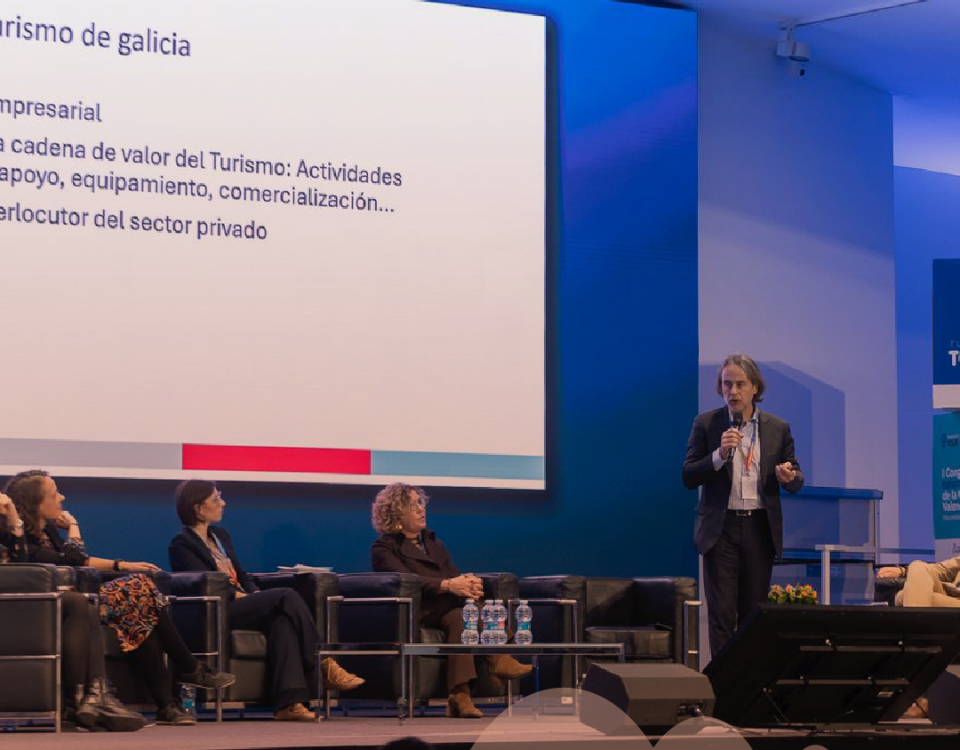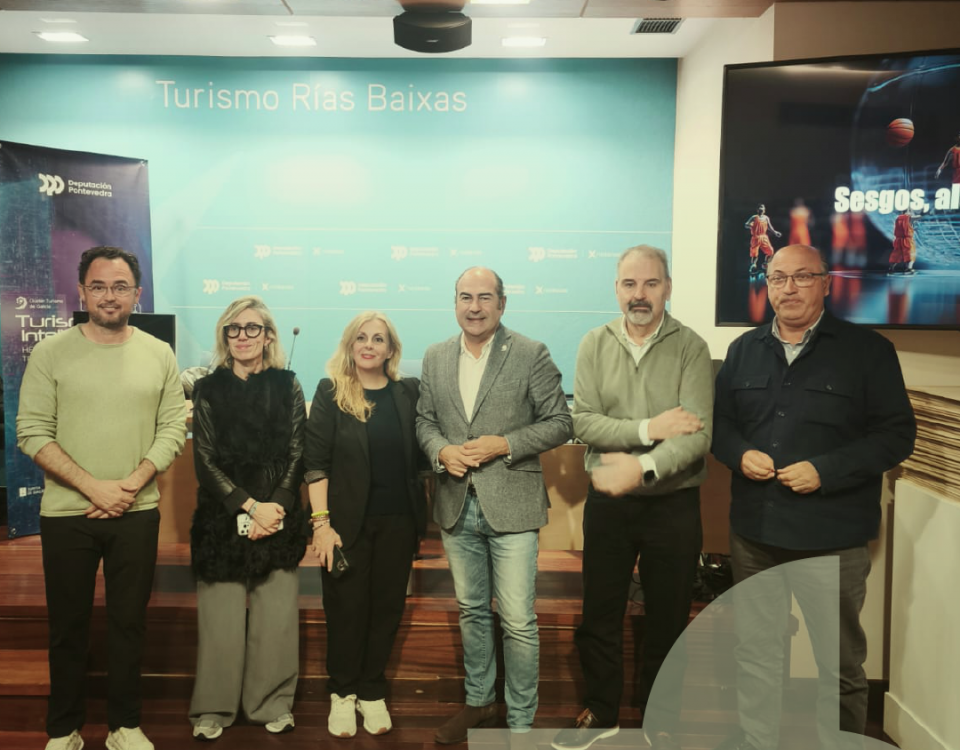- El mejor turismo de galicia
Galicia strengthens its commitment to responsible heritage and rural tourism by joining the ICOMOS Charter
Galicia strengthens its commitment to responsible heritage and rural tourism by joining the ICOMOS Charter
- A commitment to sustainability and heritage conservation
Galicia has announced its adherence to the principles of the ICOMOS International Charter for Cultural Heritage Tourism 2022, becoming a pioneer in its application in rural settings. The internationally recognized document places the protection of cultural heritage at the heart of tourism planning and promotes a sustainable model that integrates conservation, community participation, and climate action.
The Director of Tourism of Galicia, Xosé Merelles, met with Celia Martínez Yáñez, Vice President of the ICOMOS International Scientific Committee on Cultural Tourism and coordinator of the Charter, who visited the region to analyze its implementation with other members of the committee.
- Rural heritage as a driver of development
This membership reinforces Galicia’s commitment to tourism that combines cultural identity and sustainability, highlighting destinations such as the Ribeira Sacra, Os Ancares, and O Courel, as well as other areas in the Ourense hinterland. All of these represent the type of territories the Charter seeks to highlight: places where tourism should be an economic driver without compromising authenticity or the natural environment.
With this incorporation, Galicia seeks to establish itself as a replicable model of sustainable cultural tourism that can inspire other inland regions internationally.
- The Seven Principles of the Charter
- Commitment to placing the protection and conservation of cultural heritage at the heart of responsible cultural tourism planning and management.
- Manage tourism at cultural heritage sites through capacity-based management plans and other tourism impact planning and monitoring tools.
- Enhance public awareness and the visitor experience through sensitive interpretation and presentation of cultural heritage.
- Recognize and strengthen the rights of resident communities through access and participatory governance.
- Raise awareness and strengthen cooperation for the conservation of cultural heritage.
- Increase the resilience of communities and cultural heritage.
- Integrate climate action and sustainability measures into the management of cultural tourism and cultural heritage.









